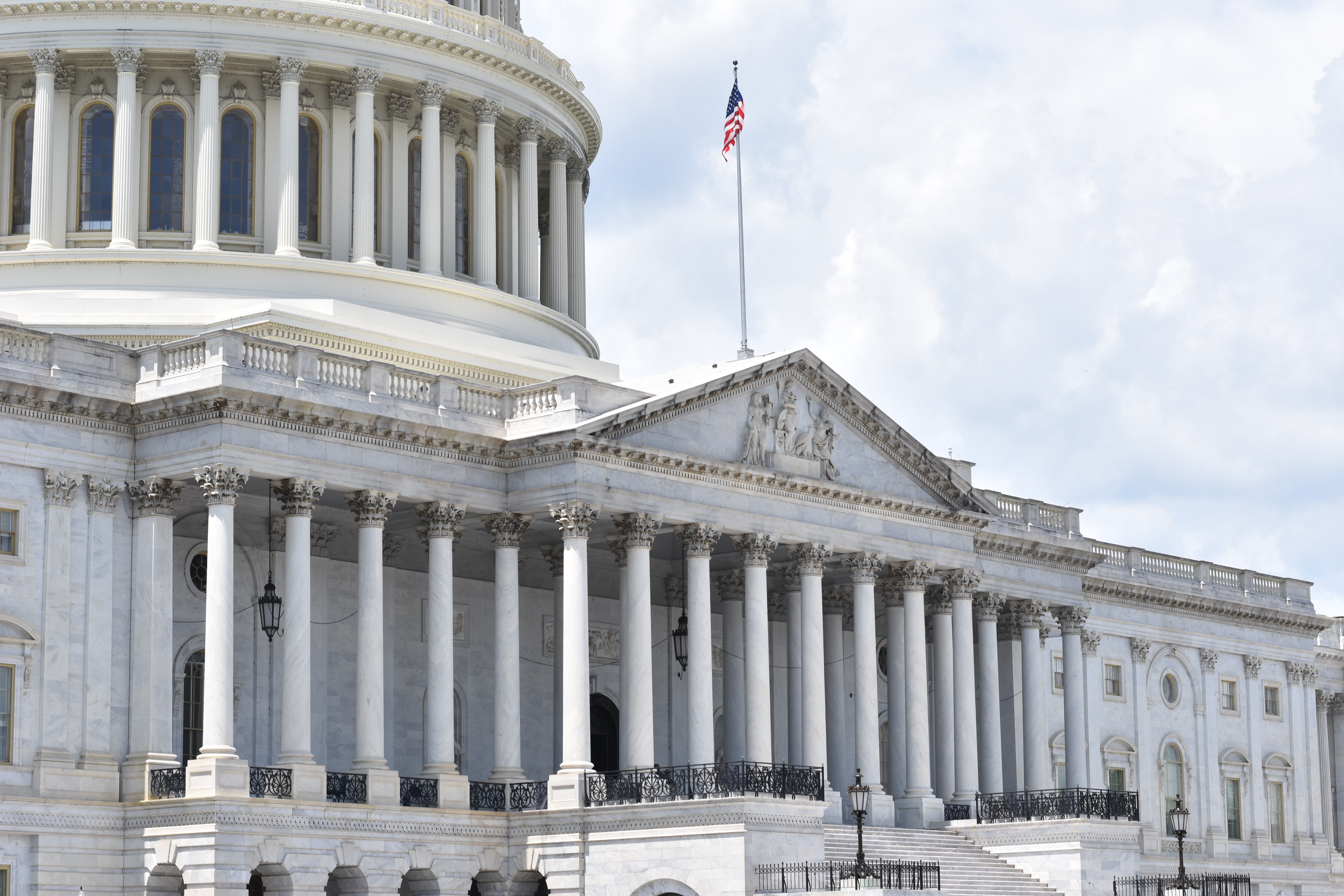News and Updates
Category: Employment Law
Update on Non-Compete Ban for 2025
FTC’s Non-Compete Ban Blocked, But Gray Area Remains In early 2023, the Federal Trade Commission (FTC) introduced and finalized a rule banning the use of non-competes. Employers, Chambers of Commerce and trade organizations rallied against the new rule claiming it was anti-employer, some going as far as calling it “blatantly awful.” As expected, the change was met with litigation and in August of 2024, the ban was struck down by a federal judge in Texas who claimed the FTC overstepped its authority by issuing the rule. A non-compete (or non-competition agreement) is an agreement in which the employee agrees not to engage in conduct or activities that could increase competition for their employer. These types of arrangements are prevalent in finance, healthcare, design, tech and all types of sales or business development roles. They’re meant to protect things like trade secrets, privileged info and client retention. Non-competes aren’t the same as non-solicitation clauses. These agreements err more toward not calling on your former clients in your new role. Here’s an example of differentiating between the two. Non-Compete: “Upon leaving ABC Company, you may not engage in a similar role for another insurance company within a 50-mile radius.” Non-Solicitation: “Upon leaving ABC Company, you may not solicit (contact/call on) clients of ABC Company in your new role with another insurance company.” For now, bo
March 2023 Legal Update
NLRB Rules Severance Can’t Be Contingent on NDA In the realm of HR, both severance pay and non-disclosure agreements (NDAs) are subjects that come up often. Employers are permitted utilize both - but they can’t be mutually exclusive, according to a recent ruling by the National Labor Relations Board (NLRB) in McLaren Macomb. Employers tying NDAs to severance packages may need to make some adjustments. Offering severance in exchange for sweeping confidentiality and non-disparagement clauses that silence former employees will now be considered a violation of federal labor law. NLRB determined on 2/22/23 that the practice specifically violates sections 7 and 8 of the NLRB Act. The 3-1 decision comes after a Michigan employer laid off 11 employees when businesses closed early in the COVID-19 pandemic. The company required such agreements to be signed as a condition of being offered a severance package. This ruling overturns two previous decisions made within the last decade that allowed employers to continue utilizing these tactics. NLRB said in their decision that an agreement of this type is “unlawful if it precludes an employee from assisting coworkers with issues concerning their employer, and from communicating with others, including a union, and the Board, about his employment.” All US employers are subject to NLRB policies, with the exception of the railroad and airline industries. The window for an appeal is still open, but


